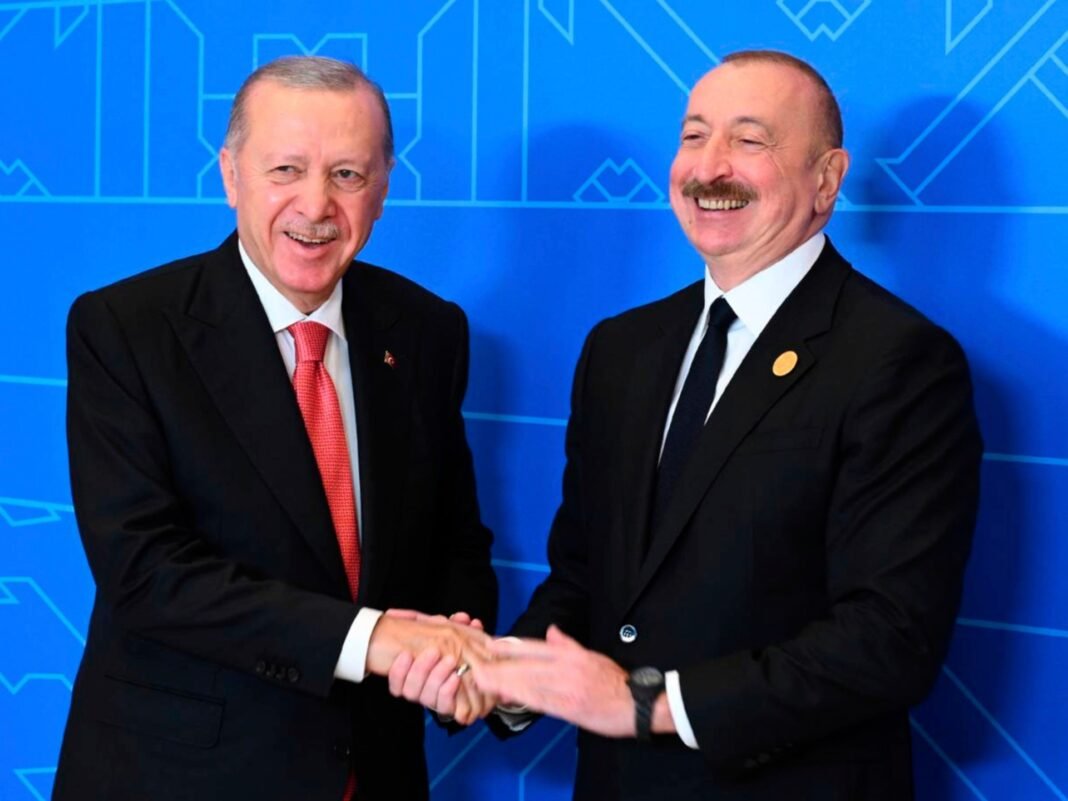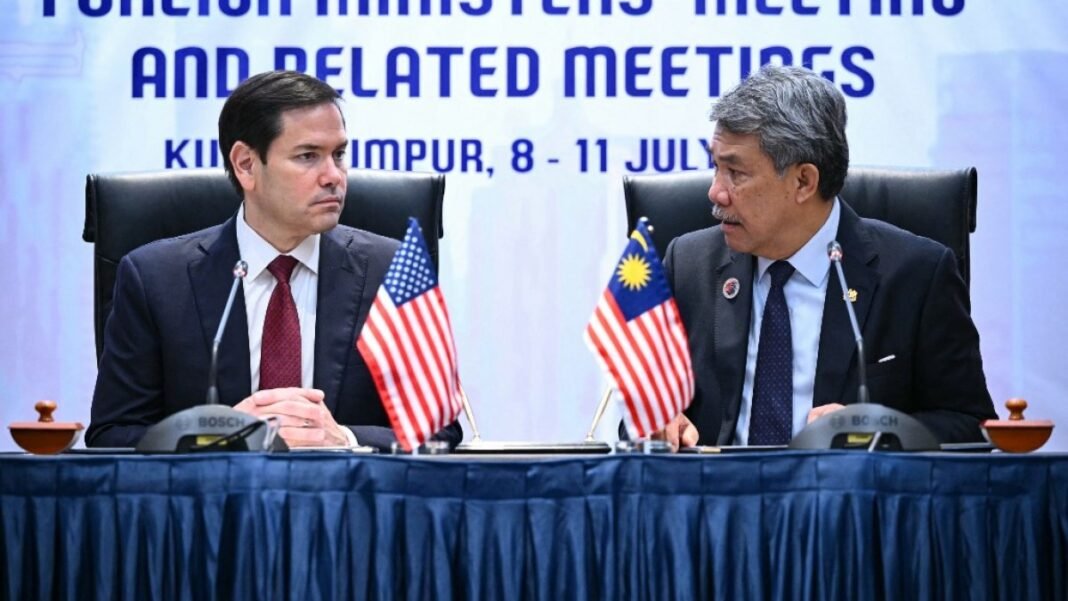Azerbaijan’s Defiant Response Marks a Turning Point in South Caucasus Geopolitics
Controversial Raid in Yekaterinburg Ignites Regional Tensions
On June 27, Russian special forces conducted a forceful crackdown targeting ethnic Azerbaijanis in Yekaterinburg, a key industrial city located in Russia’s Ural region. The operation resulted in the detention of around 50 individuals and numerous reports of injuries. Among the detainees, two Azerbaijani brothers-ziyaddin and Huseyn Safarov-tragically died under suspicious circumstances while held in custody. autopsy findings revealed blunt trauma and multiple rib fractures, contradicting official Russian claims that their deaths were caused by heart failure. Survivors described severe physical abuse including beatings and electric shocks, alongside degrading treatment. Rather than being viewed as routine law enforcement, this incident has been widely denounced in Baku as a politically motivated attempt to intimidate Azerbaijanis living abroad.
Diplomatic Repercussions and Tit-for-Tat Measures
Following the raid, on July 1 Azerbaijan’s ambassador to Russia lodged an official protest condemning Moscow for unlawful killings and mistreatment of Azerbaijani nationals-including those with dual citizenship. This diplomatic friction coincided with Baku launching its own crackdown on organized crime within its borders. Several Russian citizens linked to kremlin-affiliated media outlets or accused of cybercrime and drug trafficking were arrested; employees from Sputnik Azerbaijan were among those detained during these operations. Even though officially unrelated events, their timing suggests that Azerbaijan is asserting greater sovereignty by pushing back against external pressures.
Azerbaijan’s Growing Assertiveness on the International stage
Baku has historically balanced relations between Russia,Western powers,and Turkey; however recent developments signal a clear shift toward more assertive policies resisting Kremlin pressure while deepening ties with Ankara.
This evolving alliance extends beyond bilateral cooperation into regional integration efforts through organizations like the Institution of Turkic States (OTS), which strengthens cultural connections while fostering strategic collaboration across Eurasia.
The Declining Grip of Russia Over Post-Soviet Nations
The unfolding events highlight broader geopolitical shifts across former Soviet republics where Moscow’s traditional levers-military alliances such as the Collective Security Treaty Organisation (CSTO), energy dependencies, and influence via Russian-language media-are steadily weakening amid ongoing challenges like international sanctions tied to the Ukraine conflict.
With diminishing influence at hand, Kremlin tactics have increasingly focused on aggressive policing of diaspora communities combined with nationalist rhetoric serving more as symbolic displays than effective power projection. The Yekaterinburg raid exemplifies this approach: an intimidation effort aimed at a former Soviet state now pursuing an independent path.
Central Asia’s Strategic Realignment Reflects Wider Trends
- Kazakhstan has actively distanced itself from Russian dominance through diversified foreign policy initiatives;
- Armenia openly questions reliance on Russian security guarantees under Prime Minister Nikol Pashinyan;
- Kyrgyzstan and Uzbekistan are expanding partnerships with Turkey and China simultaneously.
Together these moves illustrate not isolated tensions but rather an accelerating erosion of Moscow’s soft power throughout its neighboring states once firmly within its sphere.
Moscow Faces Increasing Constraints Amid Shifting Power Dynamics
The Kremlin finds itself limited by traditional diplomatic tools that no longer produce desired outcomes within Azerbaijan or beyond its borders. Public outrage over incidents like those seen in Yekaterinburg exerts stronger influence over foreign policy decisions than formal negotiations alone could achieve.
Baku appears set to cement its role firmly within Turkey’s geopolitical orbit – championing projects such as the Zangezur corridor initiative designed to enhance connectivity between Anatolia-controlled regions through Trans-Caspian Turkic states extending into Central Asia – sharply contrasting Russia’s faltering Eurasian Economic Union (EAEU) ambitions which now resemble largely symbolic gestures lacking substantive cohesion or impact.
The Battle for Narrative Control: Media Influence Versus Public Perception
The facts space has become another front where pro-Kremlin outlets frequently deploy inflammatory rhetoric targeting Azerbaijanis along ethnic or religious lines – blurring journalism with state propaganda aimed at deepening divisions rather than promoting dialog or understanding – further straining bilateral relations beyond conventional diplomacy channels.
azerbaijan’s Strategic Opportunity Amid Rising Frictions
despite escalating hostilities surrounding these incidents lies an unprecedented opportunity for Baku: skillfully navigating this moment can elevate its leadership stature among Turkic nations while renegotiating terms vis-à-vis Russia based on mutual respect instead of subordination.
Looking forward over coming years, azerbaijan is poised not only as a crucial energy supplier but also emerging central actor shaping South caucasus geopolitics and regional stability overall.
Eurasian Geopolitical Landscape Undergoing Profound Change
“The violent suppression witnessed during the Yekaterinburg operation symbolizes far more than internal policing-it reflects accelerating fragmentation of Moscow’s control over neighboring countries.”
The aftermath will determine whether Russia adapts constructively toward new realities or resorts instead to harsher coercive measures attempting reassertion.
One certainty remains clear: power balances across Eurasia are shifting dramatically-and Azerbaijan stands prominently at center stage amid this historic evolution.





